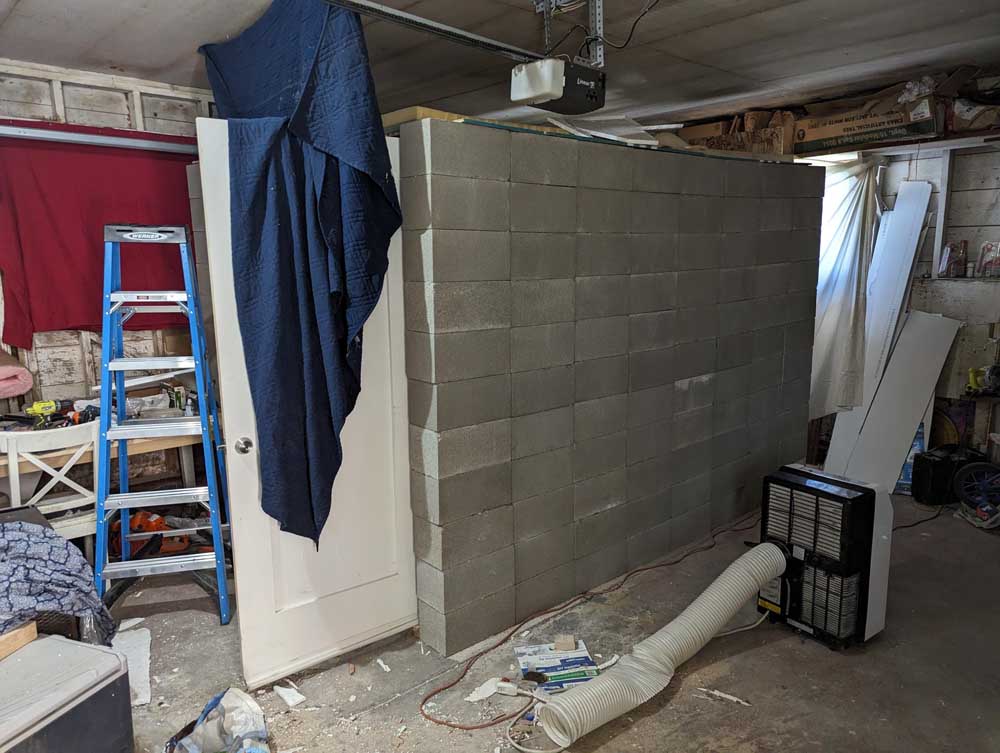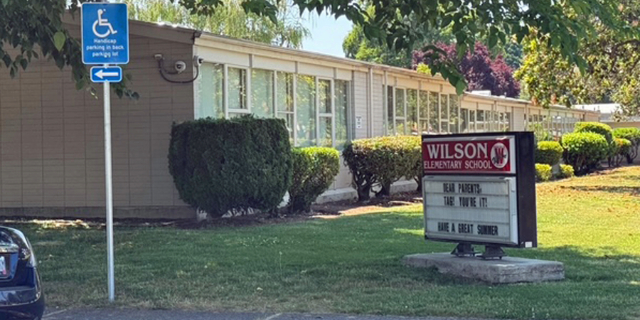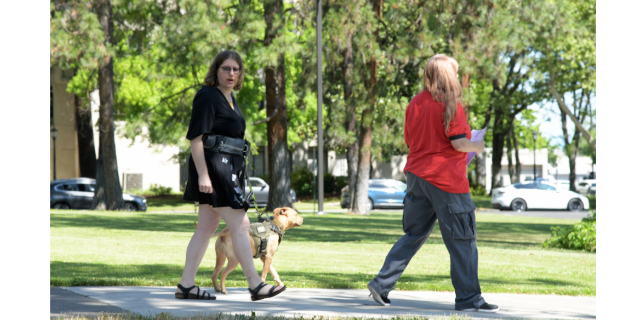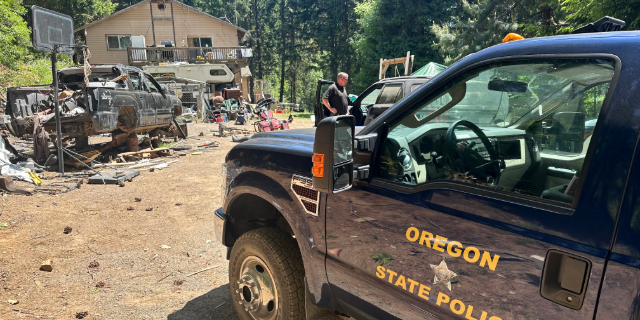Attorney, mayor disagree over ‘destruction’ of cinder-block cell in kidnapping case
Published 11:00 am Tuesday, December 5, 2023

- The exterior of the cinderblock cell at a residence in Klamath Falls, photographed in August.
An attorney for a Klamath Falls man accused of kidnapping and sexual assault said he will move to dismiss his client’s case after he learned of the “destruction” of a cinder-block cell the man allegedly used to hold his female victim before she escaped.
Meanwhile, Klamath Falls Mayor Carol Westfall, who owns the property where the cinder-block cell was allegedly made by Negasi Zuberi, said in an interview she only tore the structure down after getting permission from the FBI.
“Obviously, I have no use for a cinder cell,” Westfall said Monday.
Zuberi, 29, has pleaded not guilty to charges of kidnapping and transportation with intent to engage in sexual activity.
The U.S. Department of Justice alleges that on July 15 and 16, Zuberi posed as an undercover agent in Seattle, forced a woman into his car and drove her to a Klamath Falls home before holding her hostage in the makeshift cell. The woman, fearing she was going to die, was able to escape. Zuberi was arrested in Reno, Nevada, not long after the woman reported her ordeal to police. In August, Zuberi was transferred from Nevada to the Jackson County Jail, where he remains without bail — though he once tried to escape.
Zuberi was also indicted Sept. 11 by a Klamath County grand jury on separate charges after he was arrested in Nevada in his federal case.
Zuberi has made a number of appearances at the James A. Redden Courthouse in Medford since he was arraigned in August, and a hearing Monday was a chance for a status update. That is when Zuberi’s defense attorney, Michael Bertholf, disclosed “the destruction” of the cinder-block cell.
“One of our biggest concerns is the destruction of one the most key pieces of evidence for the government’s case — the makeshift cell,” Bertholf said.
In a court filing, Bertholf wrote that the cell was “destroyed” before Zuberi’s legal team had the ability to examine it. Bertholf anticipates asking for “expert advice on the integrity of” the cell based on photographs of it that are available.
In an interview after the hearing, Bertholf added, “It’s very shocking that the government would allow key evidence to be destroyed,” and without the cell, the government has “got a problem” proving its case against Zuberi. Bertholf anticipates that by January he will file a motion for dismissal.
Assistant U.S. Attorney John Brassell did not address the removal of the cell during Monday’s hearing, nor did he respond to questions about it afterwards, citing the pending nature of the case.
The FBI’s office in Portland did not immediately respond to a request for comment.
Westfall, who did not attend Monday’s hearing, said in a telephone interview that Zuberi had a contract to live on the property, located in the 1000 block of North El Dorado Avenue, which the mayor still owns.
Zuberi was allowed to live there as long as he paid rent and treated the property respectfully, according to Westfall. Zuberi once violated the policy of having more than one animal, but he gave it up, Westfall said. He also let people on the property for periodic maintenance work.
“There were no red flags,” Westfall said. “It was very strange and horrible that this happened right under everybody’s nose … We never did see anything that was out of sorts.”
Westfall later learned that Zuberi went into the garage at night, when no one could see him allegedly building a cinder-block cell “from the ground up.”
Westfall responded to Bertholf’s assertion that the cell was unexplainably destroyed.
“The structure was not safe and I needed to rent out the unit and so, I cannot have something that’s not safe on my property,” Westfall said.
She said the structure was unsafe because the cider blocks were not staggered to give it strength.
“(Zuberi) had them straight up and down; that wasn’t safe,” Westfall said.
She said the decision to take down the structure was not done “willy-nilly.”
“We requested to take it down and were given that permission” by the FBI after it spent a day investigating in her garage, where the cell was located, she said.
“Because it was under investigation, we would not have touched anything until we were OK’d to do that — and that’s when we did it,” Westfall said.
Bertholf did not immediately respond to Westfall’s comments.
Zuberi’s next appearance in federal court is expected in February and his trial could occur in March.






